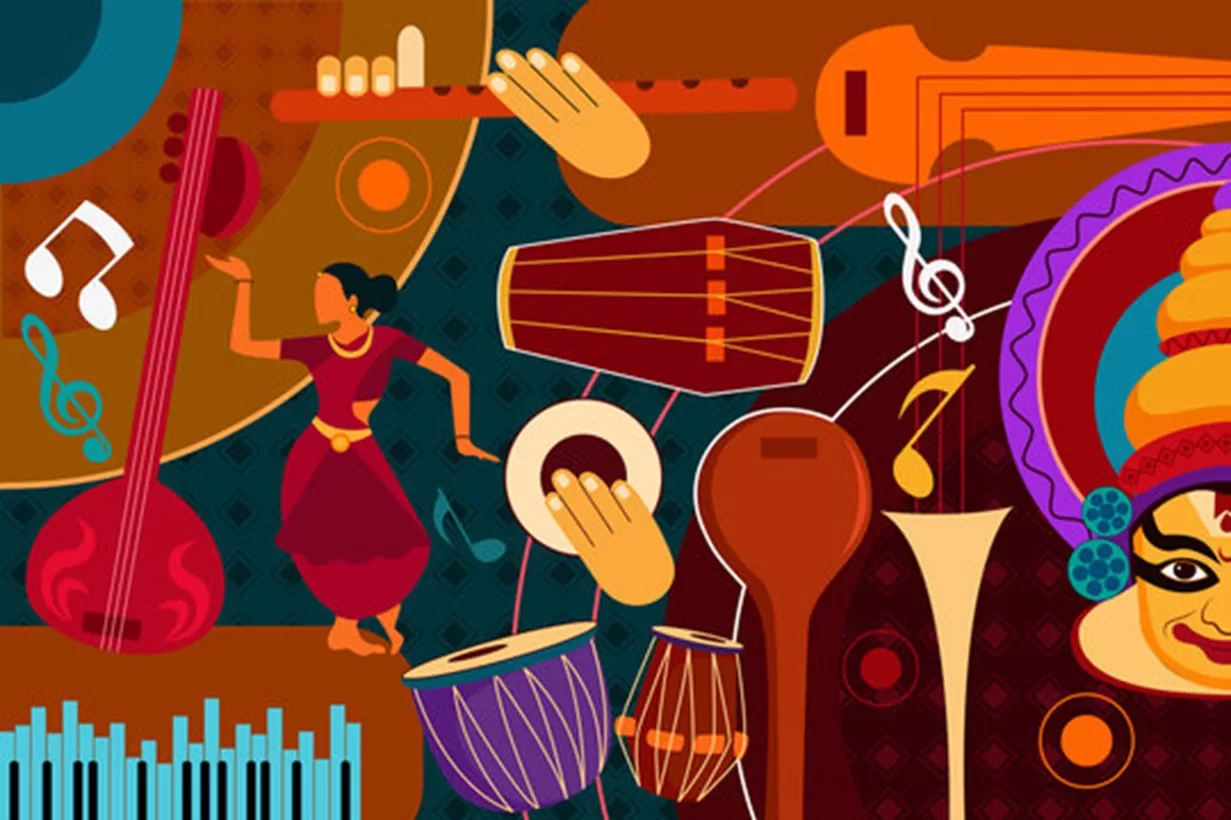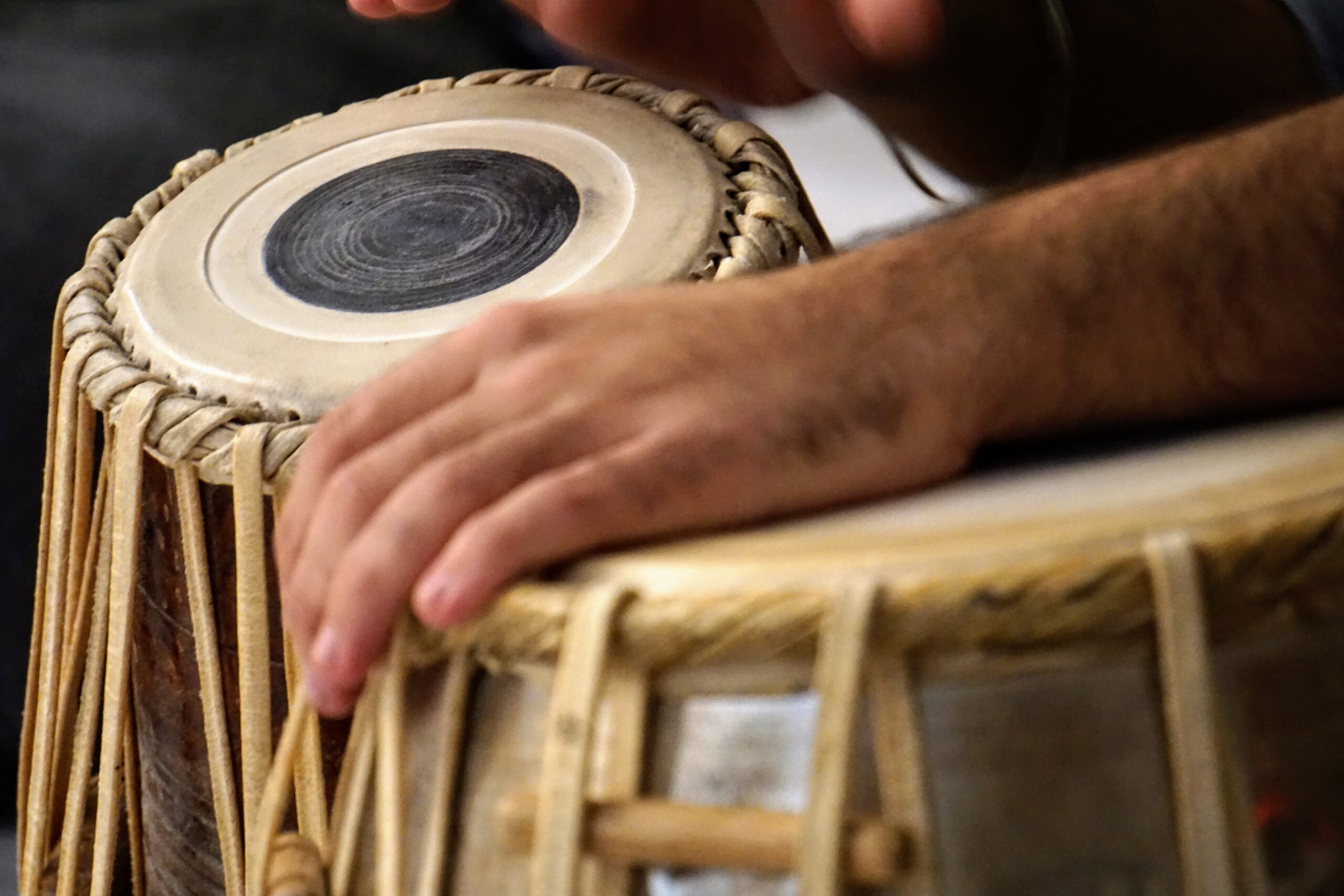Introduction
Indian classical music, a centuries-old art form, has continued to captivate hearts and minds, bridging the past and the future. In this article, we will delve into the enchanting world of Indian classical music, its rich heritage, and the significance of learning this timeless art.
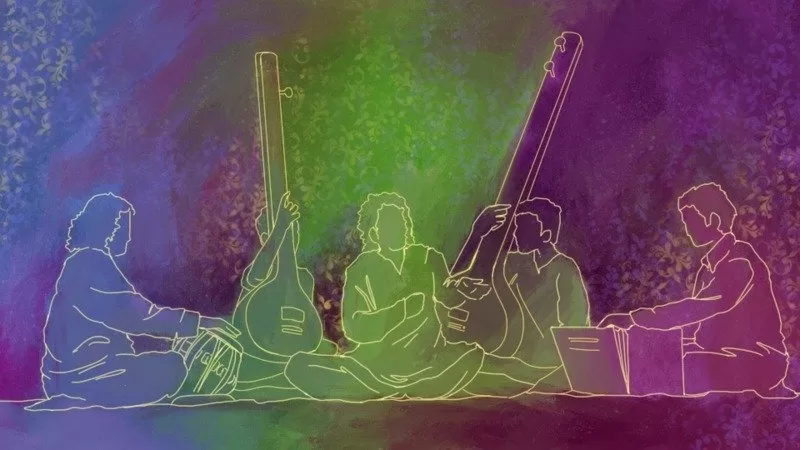
The Timeless Beauty of Indian Classical Music
Indian classical music is a treasure trove of melodies and rhythms that have been passed down through generations. Rooted in ancient traditions, it offers a unique blend of devotion, emotion, and artistic expression. With a history that dates back over 2,000 years, Indian classical music has not only survived but thrived, proving its enduring relevance in the modern world.
The Two Main Traditions: Hindustani and Carnatic
Indian classical music is traditionally divided into two major systems: Hindustani and Carnatic. These two styles have distinct characteristics, yet they share a common foundation. Hindustani music, primarily found in North India, is characterized by improvisation and the use of ragas (melodic scales). Carnatic music, prevalent in South India, is known for its intricate compositions and intricate rhythmic patterns.
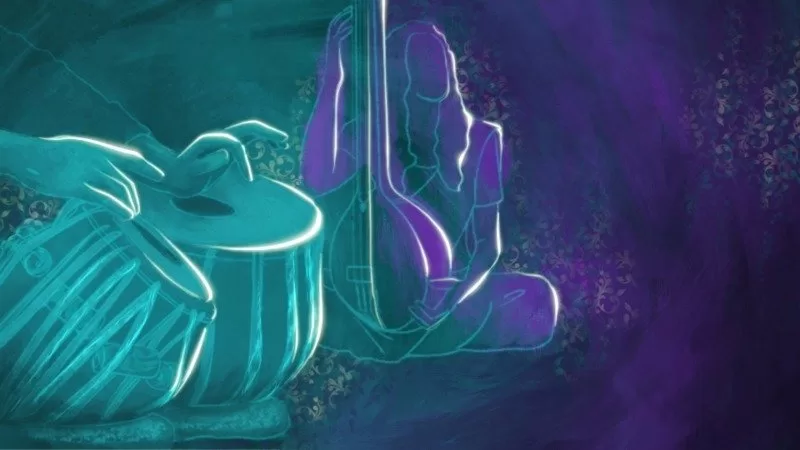
The Spiritual and Cultural Significance
Indian classical music is deeply rooted in spirituality and culture. It has been an essential component of Indian traditions, used in religious ceremonies, festivals, and various cultural events. The music is believed to have the power to evoke emotions and connect individuals to a higher spiritual plane.
Learning Indian Classical Music: A Journey of Dedication
Learning Indian classical music is not just a skill; it’s a journey of dedication and passion. It requires rigorous training under the guidance of experienced gurus (teachers). Students learn to master ragas, talas (rhythmic patterns), and the intricacies of improvisation. The dedication to this art form is a commitment to preserving a profound cultural legacy.
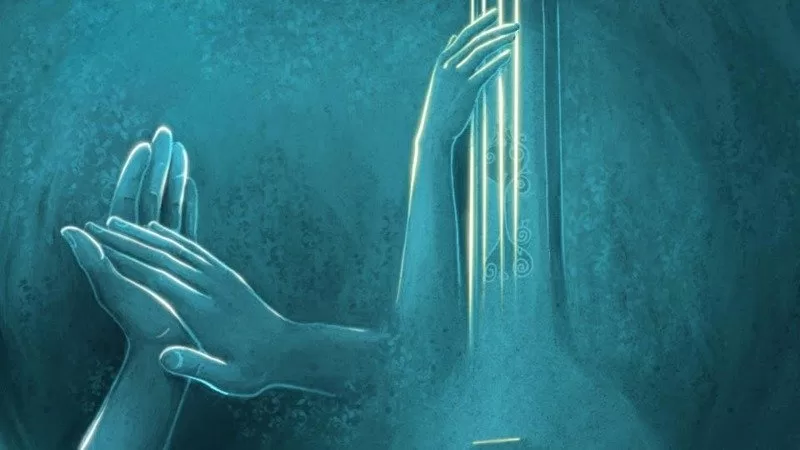
The Influence of Indian Classical Music Today
Indian classical music has not remained confined to its traditional boundaries. It has evolved and adapted to contemporary tastes, with fusion genres that blend classical elements with modern instruments and styles. This adaptability has helped Indian classical music find a global audience, bridging the past and the future with its timeless appeal.
Conclusion
Indian classical music continues to enchant enthusiasts worldwide with its rich heritage and profound cultural significance. Learning this art form is a journey that connects individuals with their roots and preserves a centuries-old tradition. As Indian classical music evolves and influences modern music, it remains a bridge between the past and the future, ensuring that its timeless beauty endures. Whether you’re a seasoned musician or a curious listener, exploring the world of Indian classical music is a journey worth embarking on.






